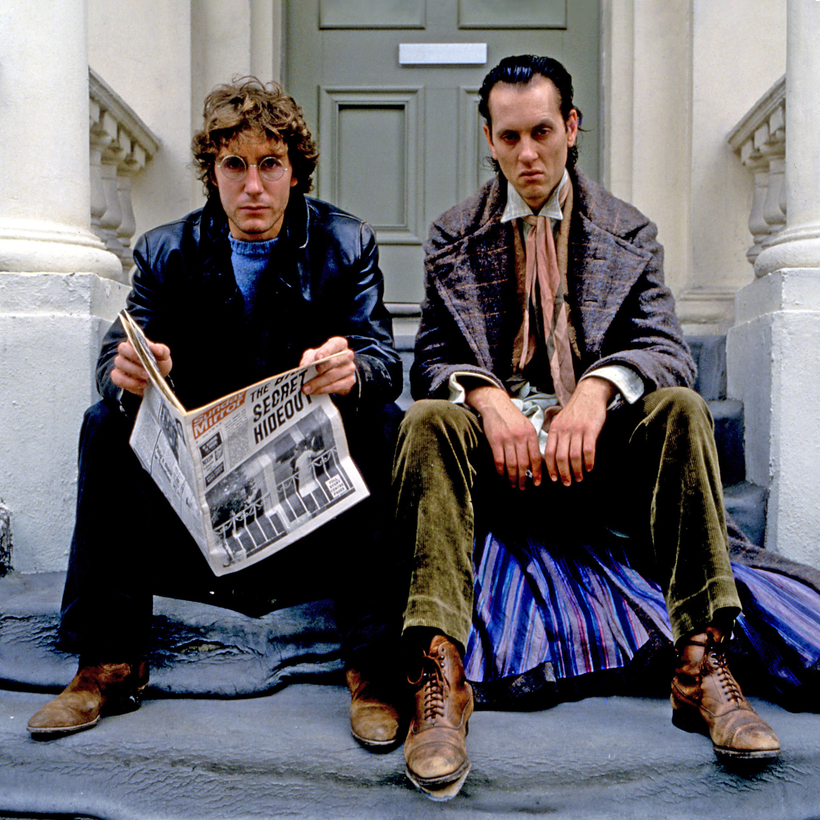In 1985, just hours before Bruce Robinson was due to start shooting Withnail and I, he had a crisis of confidence. Drinking vodka at 2.30am to quell his nerves, he shared his terror with a producer. “I had never directed anything,” Robinson says now. “And I was speechless with fear.”
Spend time with Robinson and you’ll realize that speechlessness is not his default mode. This well-preserved septuagenarian is a generous and companionable presence but get him onto anything that matters to him and his conversation flows, dips, dives, rages and zips from one unguarded tangent to another. ‘Twas ever thus, he says. So he was glad when Withnail’s veteran co-producer, David Wimbury, ordered him to relax. “He said, ‘It doesn’t matter. The cast know how to do it or they don’t. You’re either going to get lucky or you’re not.’ And thank God we were lucky.”

